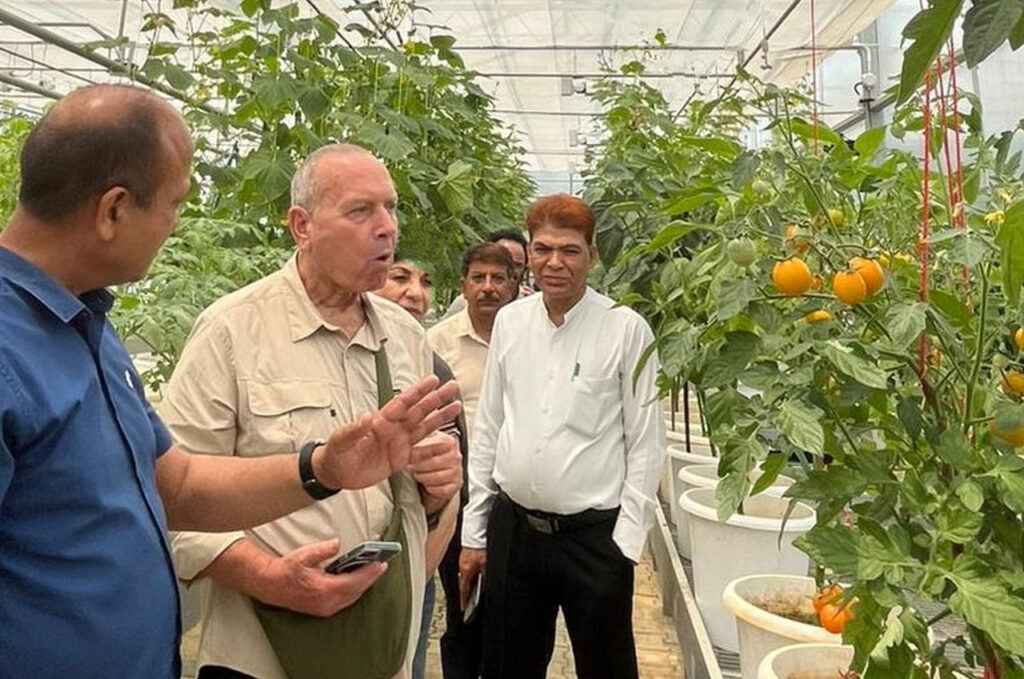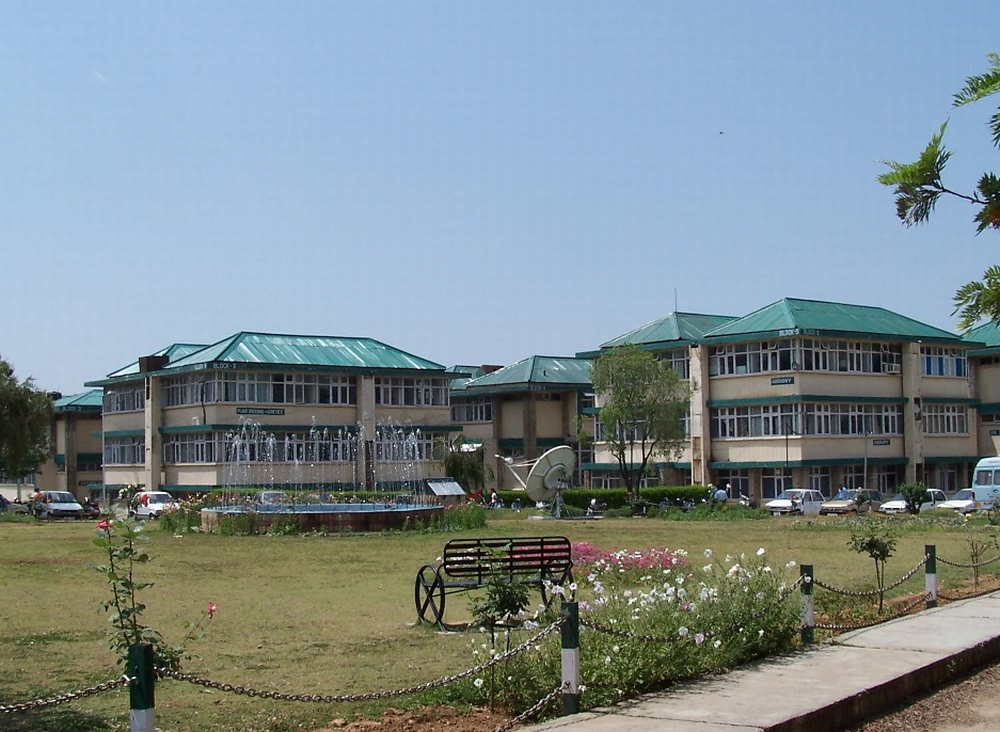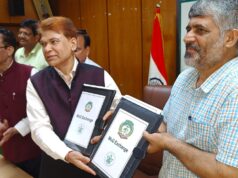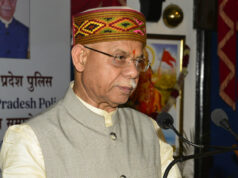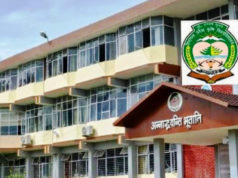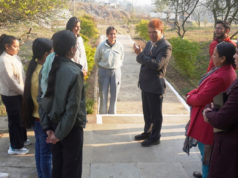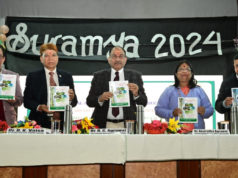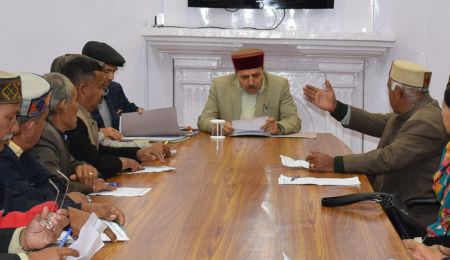Palampur — In a significant development for agricultural research and innovation, Chaudhary Sarwan Kumar Himachal Pradesh Agriculture University will soon host a Centre of Excellence on Protected Cultivation. This initiative is part of the Indo-Israel Project, aimed at enhancing agricultural practices through advanced technology and collaboration.
The decision was finalized during a meeting between Dr. D.K. Vatsa, Vice Chancellor of the university, and Uri Rubinstein, Agriculture Attaché at the Embassy of Israel at the University campus. The meeting, held in late May, also saw the participation of a high-level team led by Rubinstein.
During their visit, Rubinstein and his team evaluated the university’s protected structures and lauded the ongoing research and experiments in protected cultivation. The team praised the innovative work being done with gherkins, parthenocarpic cucumbers, tomatoes, cherry tomatoes, and vegetable grafting. Rubinstein highlighted the excellence in vegetable science demonstrated by the university’s research programs.
“The research and experiments in protected cultivation at this university are truly outstanding,” Rubinstein commented. “As proposed by Vice Chancellor Dr. D.K. Vatsa, we are committed to establishing a Centre of Excellence on Protected Cultivation here. This will be a valuable addition to the 32 Centres of Excellence already set up in 14 Indian states under the Indo-Israel agriculture project, focusing on various fruit and vegetable crops.”
The establishment of the Centre of Excellence at Chaudhary Sarwan Kumar Himachal Pradesh Agriculture University marks a major step forward in agricultural advancement, promoting the adoption of protected cultivation techniques. These methods are designed to improve crop yield and quality by creating controlled environment conditions that protect crops from adverse weather, pests, and diseases.
The new centre will not only facilitate cutting-edge research but also provide training and resources to local farmers, enabling them to implement advanced cultivation techniques. This collaboration underscores the strong agricultural ties between India and Israel, and their shared commitment to improving agricultural productivity and sustainability.


